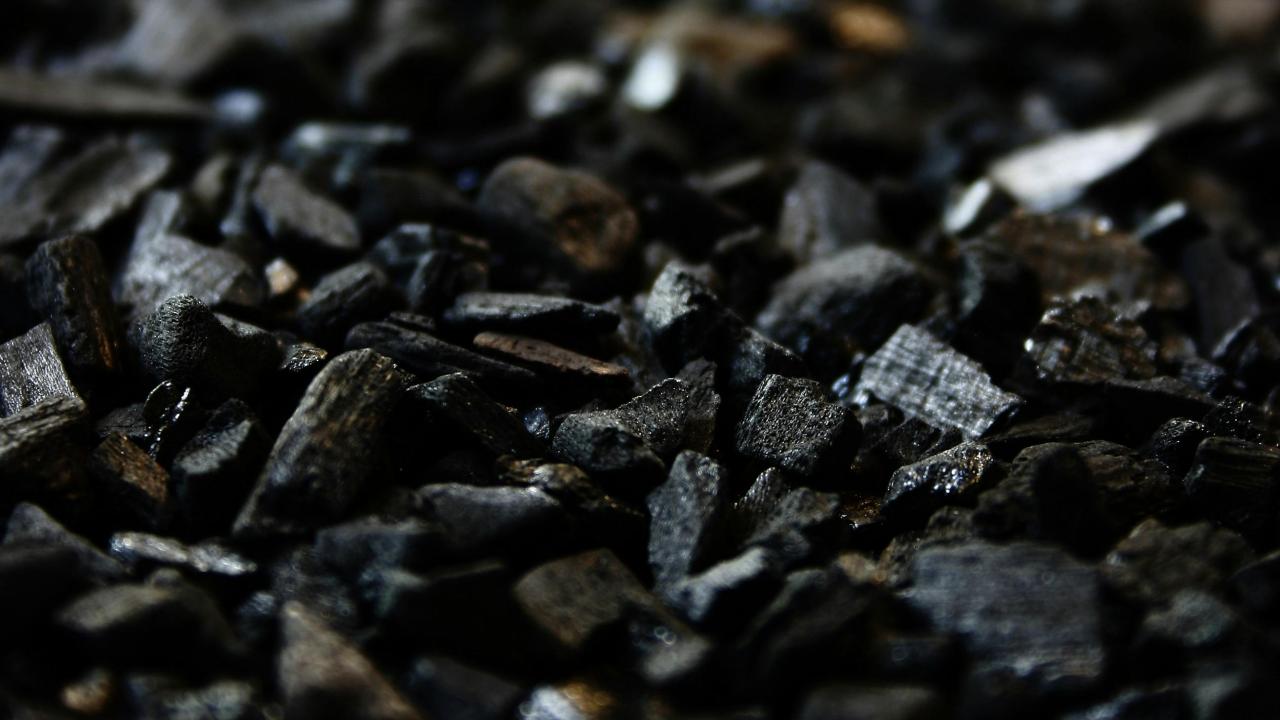
The company Inspiratus Tecnhologies plans to build an industrial plant in the north of the South American country that will have a capacity of 10,000 tons of said product.
For Belgian businessman Sebastiaan Saverys, a backpacking trip to Latin America marked his vision for doing business. In a region where agricultural activity is the protagonist, the objective was set to create companies that integrated farmers into a sustainable production chain under the parameters of fair trade.
The business path began in Guatemala, reaching other countries such as Burkina Faso, Senegal, Ethiopia and Peru. In the latter, a stevia production project began 15 years ago. He set up a stevia refining factory in Paita (Piura region) that was finally acquired by an American company.
However, Saverys, CEO of Inspiratus Technologies, a subsidiary of the Belgian transnational Inspiratus BV, has another business plan for Peru: the construction of the first biochar (biochar or charcoal) production plant.
The facility will be located in the northern city of Sullana (also in Piura) and is part of the “Planet One in Sullana” project. It will have the capacity to produce 10,000 tons of said biochar, which, at the same time, has the capacity to capture the equivalent of 25,000 tons of CO2.
And given the harsh impact of climate change in the world, biochar is a great alternative to mitigate the production of the polluting carbon dioxide, since it is a form of biochar that is produced by heating biomass - agricultural waste - in areas productive, like Piura. With this biochar, farmers can regenerate soils for cultivation and, in addition, decontaminate them, taking into account that thousands of hectares are contaminated with mercury and heavy metals in the country.
In principle, the company will work with the processing of sugarcane waste as biomass to convert it into biochar and apply it to the soil with the help of farmers. To this end, the Sullana plant will allow the collection of some 40,000 tons of biomass to generate 10,000 tons of biochar. The executive points out that it will be necessary to increase production just to cover the banana sector, which is 18,000 hectares in the north.
“Biochar is emerging as a solution to improve the quality of land and its productivity; as well as to increase the number of hectares under cultivation through massive soil regeneration. Inspiratus Technologies has opted to install biochar plants in certain countries and Peru is one of them. With this technology, Peru could regenerate and restore more than 2 million hectares, which would lead to doubling its agro-exports, that is, exceeding US$ 20,000 million per year,” said Saverys.
Among the benefits of biochar, Saverys highlights the 20% reduction in water use, by increasing the water retention capacity of soils; a 20% decrease in the use of fertilizers, by increasing the absorption of nutrients by plants and a 20% increase in crop yield per hectare.
In that sense, Inspiratus Technologies hopes to expand rapidly so that biochar becomes an important complement to regenerative agriculture. Although Saverys does not specify the exact amount of investment, it states that it is around US$2 million. “The important thing is to show that it works. You can practically install a plant within a radius of 30 to 40 kilometers where there is biomass. Today the main candidates for biomass supply are sugar cane and sugar cane leaves. [Biochar] is already being produced in other countries other markets and it is working,” says Sebastiaan Saverys.
Likewise, the executive added that in Latin America there are important players that produce biochar such as Brazil, Bolivia and Mexico, so it is time for Peru to join these works by taking advantage of the biomass that is generated not only from sugar cane but of rice husk.
“With the INIA and the University of Piura we are finishing a first study on the application of biochar and compost in the soil, especially in bananas and cocoa, the results are encouraging and we will be able to help maintain these jobs for small producers in danger of being left out.” of the markets. After the north, you can go to the rest of the country to work on the two or three million hectares of small, medium and large agriculture, which can take advantage of the benefits of biochar or biochar that have the potential to be an important business to maintain. and grow agro-exports,” he explained.
On the other hand, the Belgian firm already signs alliances with several institutions that support the farmer such as the local Ministry of Agriculture, the INIA, the Perú Justo y Orgánico Association with a view to generating a significant amount of carbon credits, we can be leaders in the region.
Another impact of this plant, according to Saverys, will be seen in the generation of work for banana and cocoa producers in the north, who could be left out of the market due to soil contamination with heavy metals. “There are about 30,000 jobs that can be preserved with the application of biochar,” he says.









